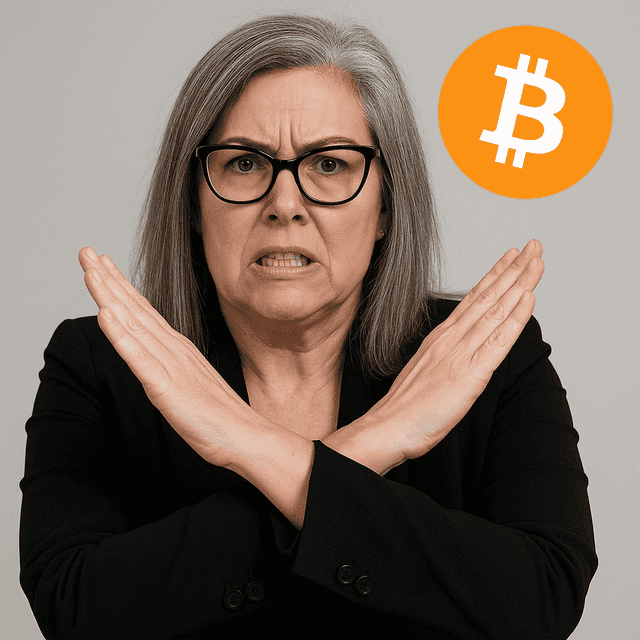2025-05-04 09:33
블록미디어

출처: Block Media
# Can Shared Equity Mortgages Revitalize Korea’s Housing Market? Key Questions Persist
(Seoul=Yonhap) By Lee Yul and Chae Sae-rom – In an effort to alleviate the heavy debt burden associated with homeownership, South Korea's financial authorities are gearing up to introduce a pilot program for "shared equity mortgages" in the latter half of the year. This scheme allows buyers to co-invest in property ownership with public institutions, thereby reducing their borrowing requirements.
Aimed at first-time homebuyers and other qualifying groups, the program lets participants choose their desired property while sharing ownership with public policy financial entities.
This initiative seeks to rebuild the "housing ladder" disrupted by stringent lending regulations. However, experts question whether this model can be effectively scaled to the private sector.
# “Choose Your Own Home, Co-Invest with Public Entities” – Financial Authorities Launch Shared Equity Mortgages
A detailed implementation roadmap is expected next month, with the pilot program set to commence later this year.
In this model, if a buyer wants to purchase a home valued at KRW 1 billion (roughly USD 740,000), they could self-finance KRW 500 million while receiving an additional KRW 500 million as a shared equity investment from public agencies like the Korea Housing Finance Corporation (HF).
With a loan-to-value (LTV) ratio of 70 percent, the buyer could secure the home with just KRW 150 million upfront through bank financing, significantly reducing initial costs compared to traditional loans. Without the shared equity option, the same purchase would necessitate KRW 300 million in personal funds and a KRW 700 million bank loan.
Participants will pay usage fees on the public-owned portion of the home at rates lower than typical bank loan interest rates. Upon selling the property, any appreciation in value would be equally shared between the homeowner and the public entity.
Participants can also repurchase public stakes if their financial status improves. In cases of declining property values, public entities, as subordinate investors, would absorb the losses.
“We plan to allow participants in the pilot program to directly select properties for co-investment,” remarked a senior financial regulatory official, adding that eligibility will be determined through a scoring system prioritizing first-time homebuyers and specific criteria.
Target homes will align with regional median prices, with caps set at KRW 1 billion in Seoul, KRW 600 million in Gyeonggi Province, and KRW 400 million in other regions. The pilot program is expected to include about 1,000 housing units, with an estimated budget of KRW 400 billion.
# Historical Context: Revisiting Previous Government Attempts
Shared equity mortgages aren't new to South Korea. The Park Geun-hye and Moon Jae-in administrations previously pushed initiatives to ease homeownership burdens via public-private co-investment.
In 2013, the government introduced "profit-and-loss sharing mortgages" for first-time buyers, splitting gains or losses upon sale according to ownership stakes, and "profit-sharing mortgages," which allowed buyers to retain more upside from price increases while assuming all downside risk. Both policies lost momentum as home prices rose and interest rates fell.
In 2021, "equity-accumulating pre-sale housing" let buyers pay only 10 to 25 percent upfront and gradually acquire remaining stakes over 20 to 30 years. This program also struggled to gain widespread acceptance.
Real estate experts cite cultural and financial preferences for full ownership over shared equity as significant hurdles. “People generally prefer full ownership even if it means taking on more debt, viewing property as a wealth accumulation tool,” said Kwon Dae-joong, a Sogang University real estate professor.
# Policy Concerns: Rising Prices and Private Sector Doubts
Some analysts caution that shared equity mortgages could unintentionally drive property prices higher. “The model encourages demand, potentially leading to higher real estate prices,” noted Seo Jin-hyung, a Kwangwoon University professor and head of the Korea Real Estate Management Association. He criticized the program as potentially "populist," warning that taxpayers might face the burden if public entities incur losses.
Scaling the model to include private capital from banks, real estate investment trusts (REITs), or other firms appears challenging. Experts stress that profitability for private-sector participants is crucial.
“In a low-growth environment, where sustained home price increases are not guaranteed, private capital might be hesitant to invest outside high-demand areas like Gangnam,” explained Professor Seo.
Professor Kwon emphasized the necessity of institutional incentives. “Without tax benefits, funding support, or guaranteed returns, attracting private capital to this initiative will be tough,” he stated.
As policymakers balance public funding risks and private-sector engagement, the success of the pilot program—and its potential to reshape South Korea’s housing market—remains uncertain.
View original content to download multimedia: https://www.blockmedia.co.kr/archives/901530




